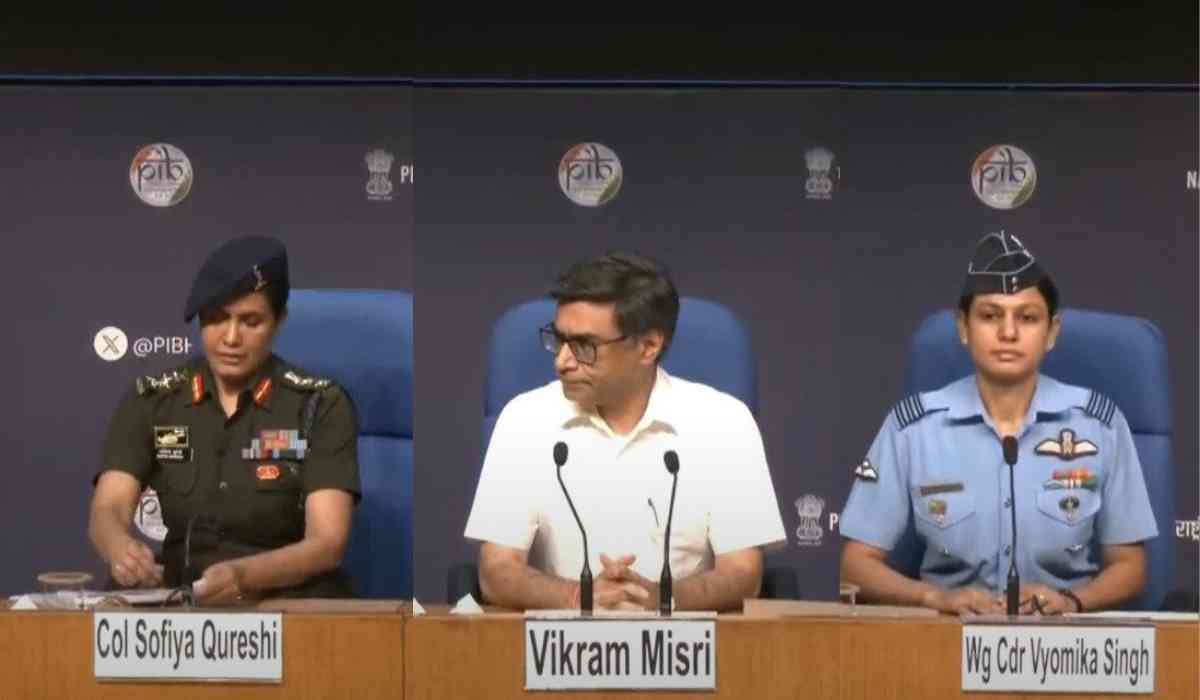In a resolute and calculated military action, India launched Operation Sindoor on May 7, 2025, targeting nine terror camps located in Pakistan and Pakistan-Occupied Jammu and Kashmir (PoJK). This bold operation follows the horrific Pahalgam terror attack that claimed 26 civilian lives on April 22 — marking the deadliest terror incident in India since the 2008 Mumbai attacks.
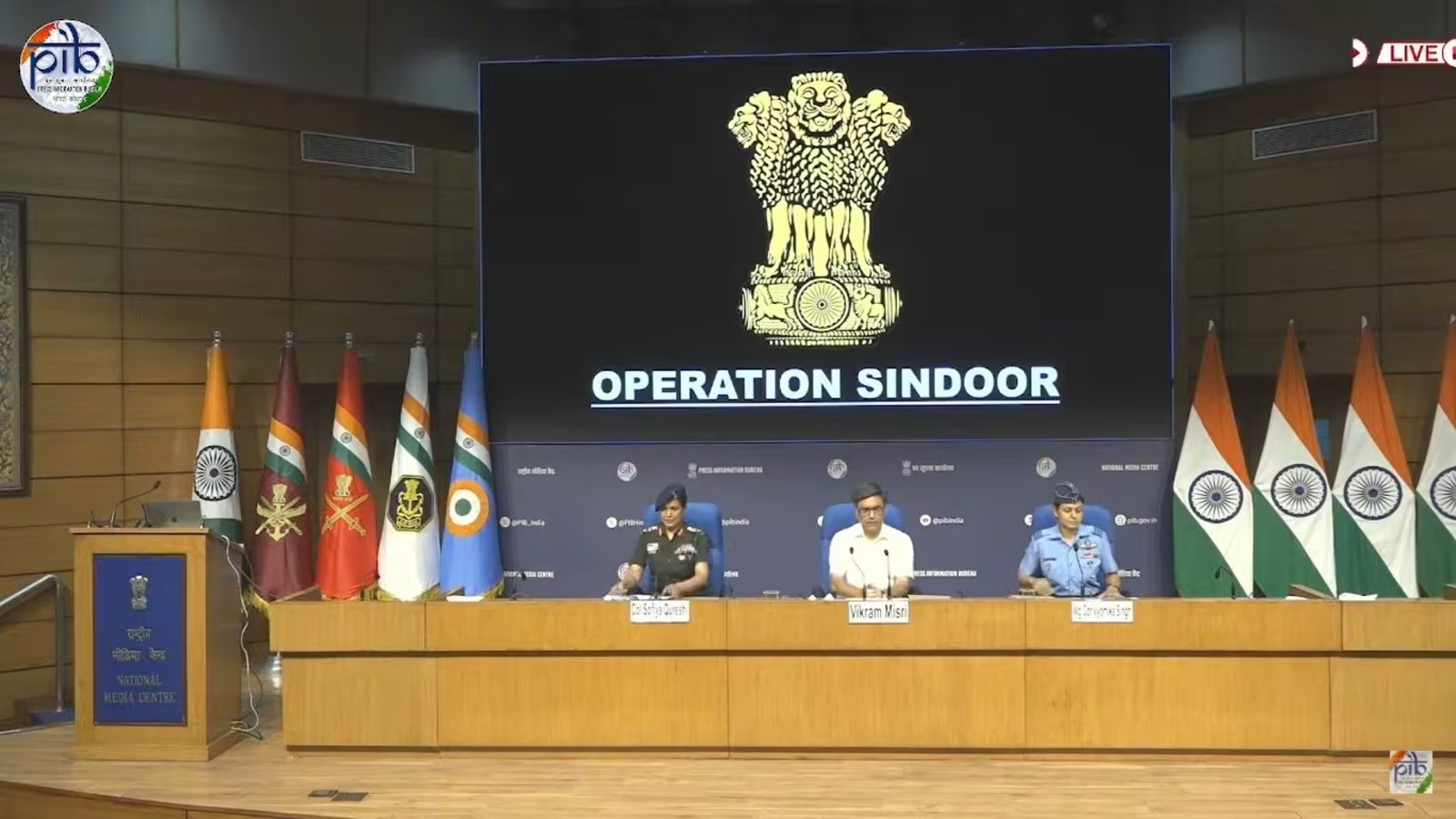
Operation Sindoor: A Calibrated and Non-Escalatory Military Response
India’s Foreign Secretary Vikram Misri, accompanied by Wing Commander Vyomika Singh and Colonel Sofiya Qureshi, addressed the media in a detailed press briefing on May 7. The briefing highlighted India's strategic, proportional, and measured response to the Pahalgam massacre.
"Earlier this morning, as you would be aware, India exercised its right to respond and pre-empt as well as deter more such cross-border attacks. These actions were measured, non-escalatory, proportionate, and responsible. They focused on dismantling the terrorist infrastructure and disabling terrorists likely to be sent across to India." – Vikram Misri
The Indian Army, Navy, and Air Force were mobilised in a coordinated strike that targeted camps associated with Lashkar-e-Taiba (LeT) and Jaish-e-Mohammed (JeM) in Bahawalpur, Muridke, Sialkot, and five additional locations within PoJK.
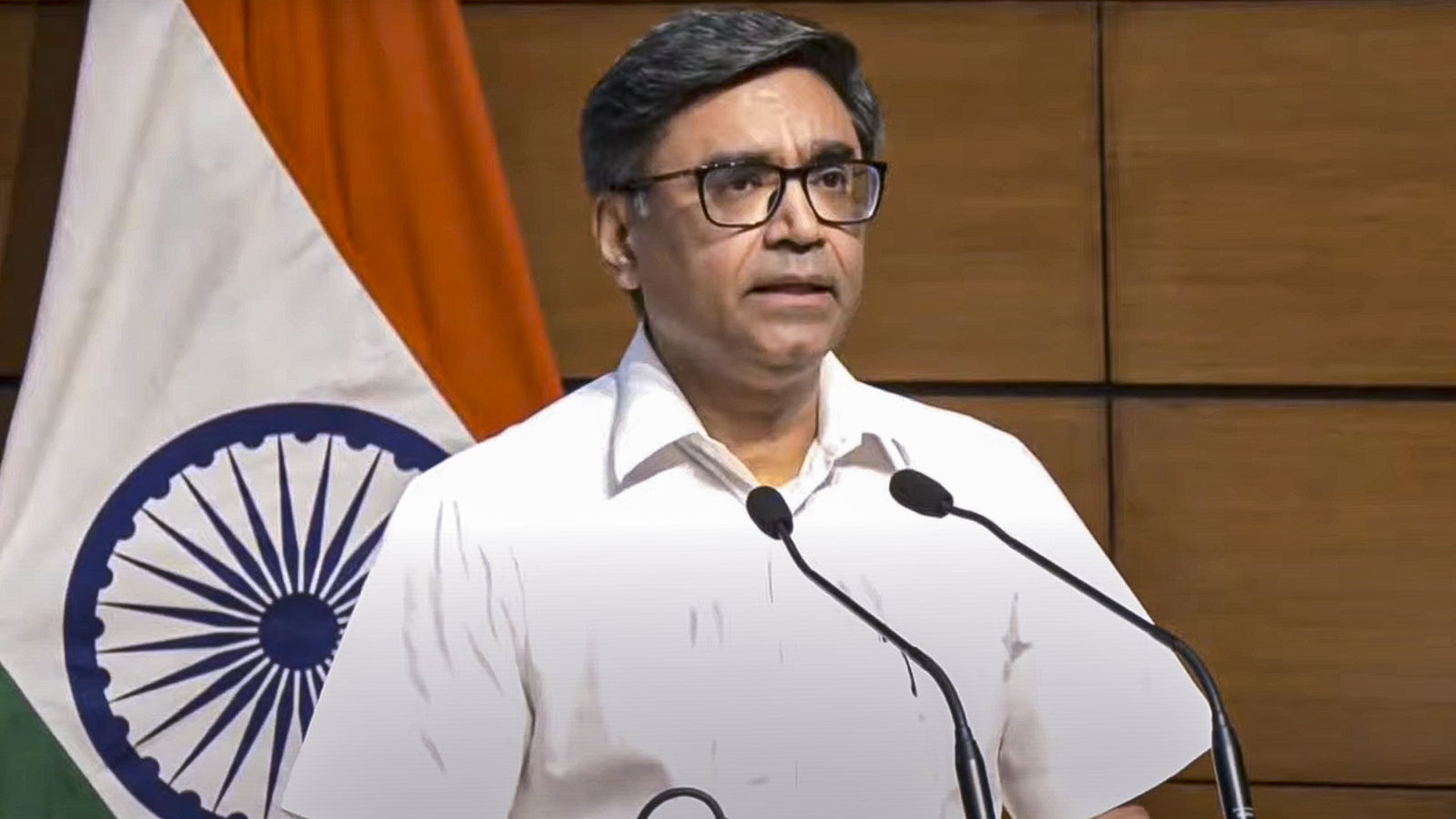
The Catalyst: Pahalgam Terror Attack on April 22
The operation was prompted by the savage attack on Indian and Nepali tourists in Pahalgam, a popular tourist destination in Jammu and Kashmir. The attack, executed by Pakistan-based terrorists affiliated with the Lashkar-e-Taiba under the proxy group The Resistance Front (TRF), shocked the nation.
"They murdered 26 people, including one national of Nepal, causing the largest number of civilian casualties in a terrorist attack in India since the 26th November 2008 attacks in Mumbai." – Vikram Misri
"The attack in Pahalgam was marked by extreme barbarity, with the victims mostly killed with headshots from close range and in front of their families. Family members were deliberately traumatised through the manner of the killing, accompanied by the exhortation that they should take back the message." – Vikram Misri
Misri emphasized that the attack was not only an attempt to cause mass civilian casualties but also a deliberate effort to derail the peace process and destabilize economic revival in the region:
“It was designed to impact the mainstay of the economy, tourism, with a record 23 million tourists visiting the valley last year.”
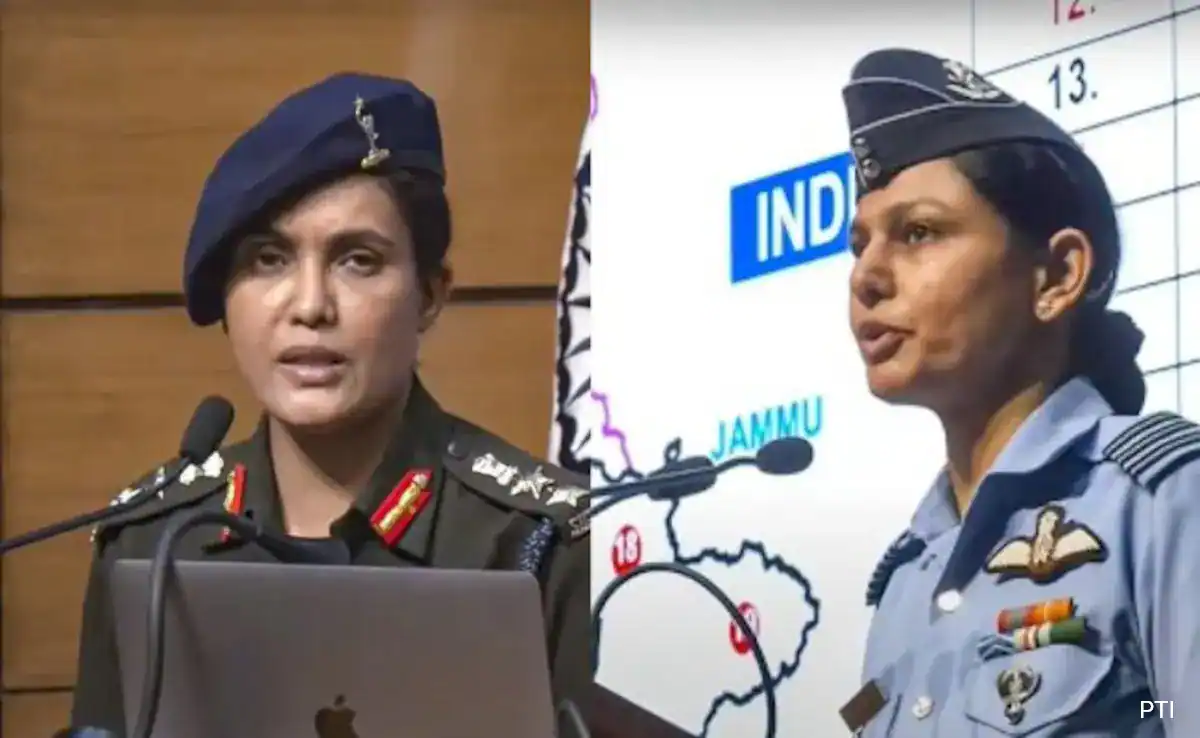
India’s Intelligence and Strategic Justification
Indian intelligence agencies had intercepted credible information suggesting that additional attacks were being planned on Indian soil. These findings justified the urgency and precision of Operation Sindoor.
“Our intelligence indicated that further attacks against India were impending. Consequently, India exercised its right to respond with measured, non-escalatory, proportionate, and responsible actions.” – Vikram Misri
“We have information that more attacks could be done on India and we have to be ready to deal with those and we are ready and prepared.” – Vikram Misri
The operation specifically aimed to:
-
Dismantle terrorist infrastructure
-
Incapacitate active terror modules
-
Send a clear deterrent signal to Pakistan and terrorist entities operating under its protection
“Today’s operation was to dismantle the infrastructure of terrorism and incapacitate the terrorists being sent to India.” – Vikram Misri
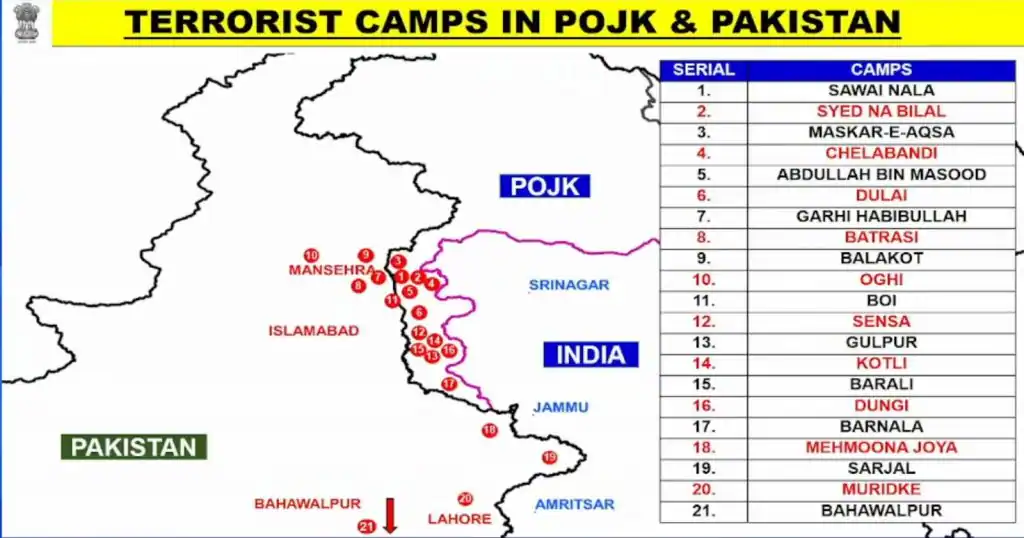
Visual Evidence and Cartographic Proof
Following the strikes, the Indian government released:
-
Satellite images showing the complete decimation of the terror camps
-
A map indicating active terror camps operating under Pakistan's jurisdiction
-
Surveillance visuals pinpointing the sites of precision strikes in PoJK and Pakistan
These visuals underscored the success and accuracy of Operation Sindoor, substantiating India’s claims of neutralizing terrorist infrastructure without civilian collateral damage.
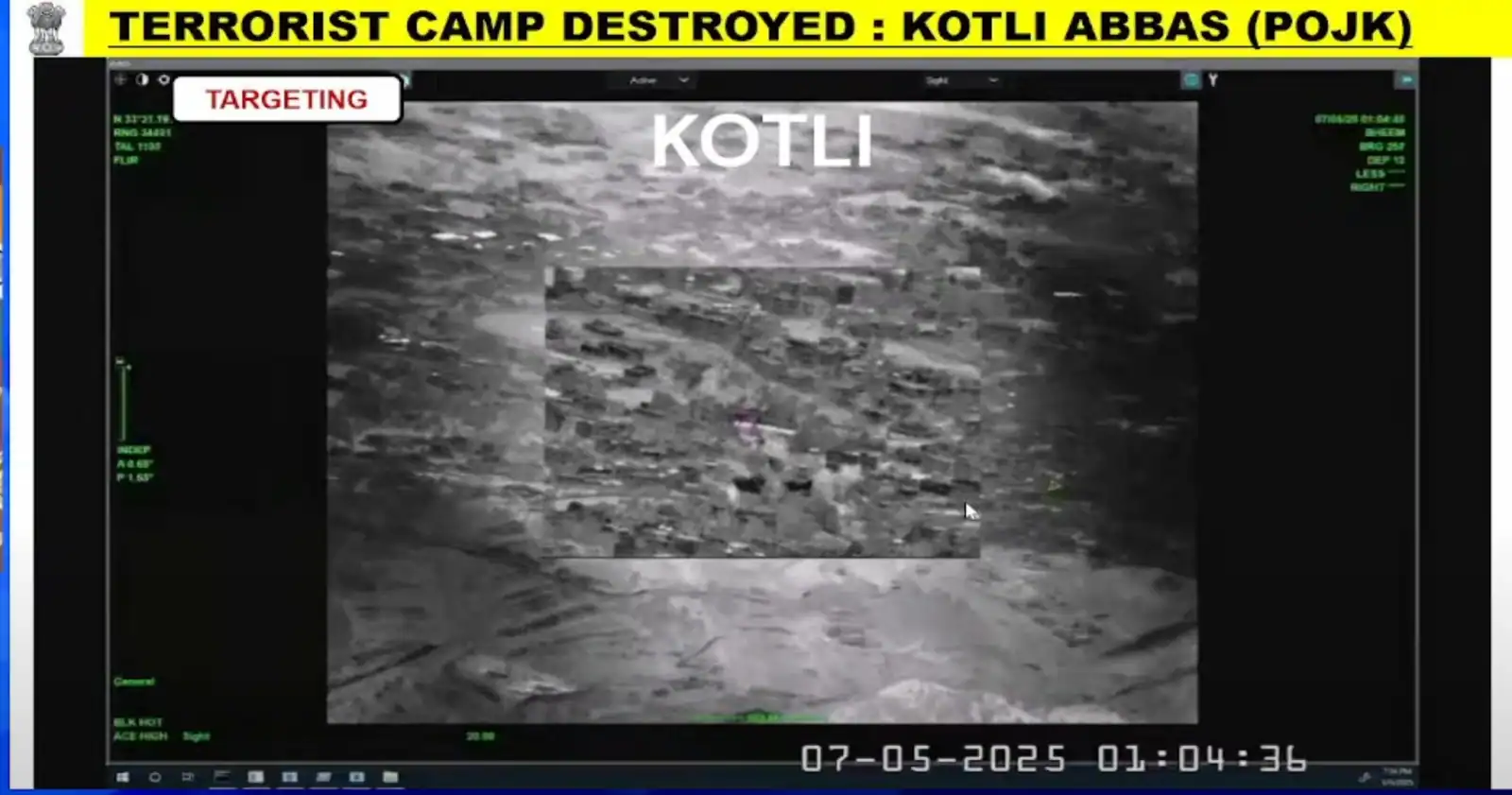
UN Input and International Context
India had previously flagged TRF’s role in cross-border terrorism in its 2024 reports to the UN’s 1267 Sanctions Committee. Misri noted Pakistan’s deliberate efforts to shield such groups and remove references to TRF in international statements.
“Earlier too, in December 2023, India had informed the monitoring team about Lashkar and Jaish-e-Mohammed operating through small terror groups such as the TRF. Pakistan’s pressure to remove references to TRF in the April 25 UN Security Council Press Statement is notable in this regard.” – Vikram Misri
“You would also recall that the Security Council on 25th April 2025 had issued a Press Statement on the Pahalgam terror attack, underlining, and I quote, ‘The need to hold perpetrators, organisers, financiers and sponsors of this reprehensible act of terrorism accountable and bring them to justice’.”
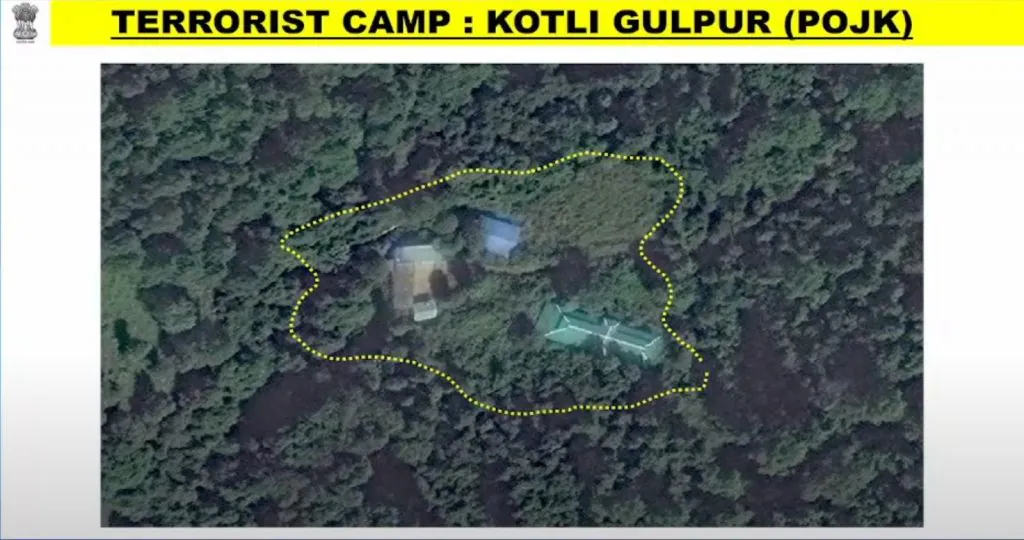
Pakistan’s Inaction and History of Denial
Despite the severity of the Pahalgam attack, Pakistan failed to take any visible action against the perpetrators.
“Despite a fortnight having passed since the attacks, there has been no demonstrable step from Pakistan to take action against the terrorist infrastructure on its territory or on territory under its control. Instead, all it has indulged in are denials and allegations.” – Vikram Misri
India also pointed to Pakistan’s well-documented record as a safe haven for terrorists, referencing the case of Sajid Mir, a 26/11 mastermind who was previously declared dead by Pakistan but later found alive under international scrutiny.
“Pakistan also has a well-deserved reputation as a haven for terrorists from around the world… The Sajid Mir case… is the most glaring example.” – Vikram Misri
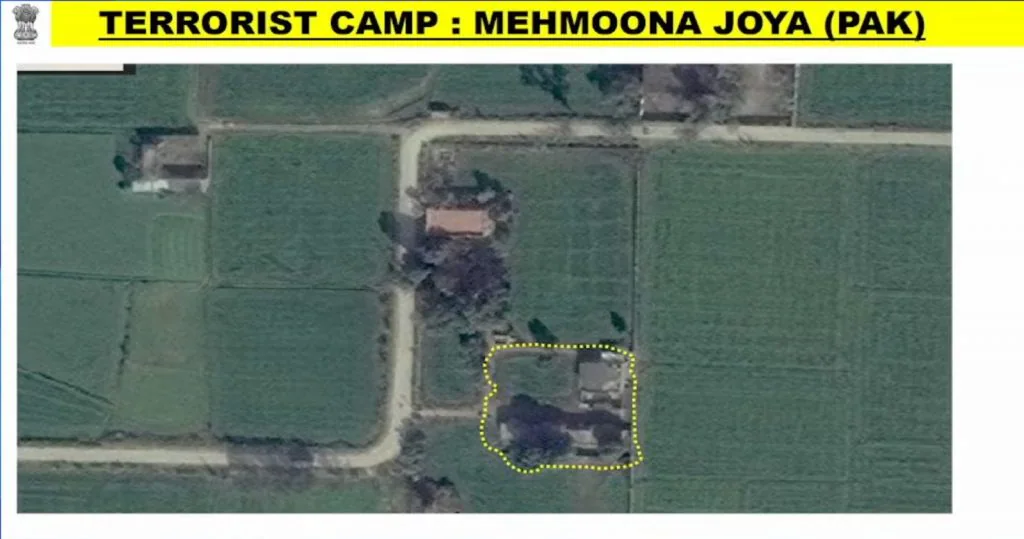
Role of India’s Armed Forces
Colonel Sofiya Qureshi, addressing the press, affirmed the military's preparedness and coordination in executing the strikes with surgical precision.
Wing Commander Vyomika Singh added that the Indian Air Force's strategic planning was essential in avoiding civilian casualties while maximizing impact on terror hubs.
Who Is Vikram Misri?
Foreign Secretary Vikram Misri is an Indian Foreign Service (IFS) officer from the 1989 batch, widely respected for his diplomatic acumen and strategic insights.
His career highlights include:
-
Serving as Private Secretary to three Indian Prime Ministers – I.K. Gujral, Manmohan Singh, and Narendra Modi
-
Acting as India’s Ambassador to China, where he played a crucial role post-Galwan Valley clashes in 2020
-
Appointed Deputy National Security Advisor on January 1, 2022
In his current role, Misri has been instrumental in shaping India’s foreign policy and national security posture, especially in times of crisis.
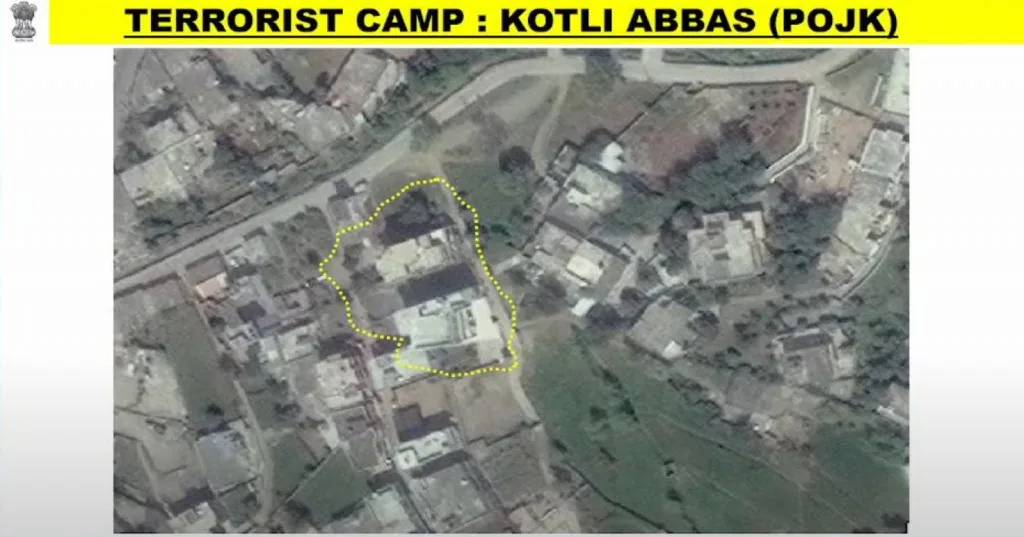
A Message of Strength and Resolve
Operation Sindoor marks a pivotal moment in India's counter-terrorism strategy — one that emphasizes preemption, accountability, and deterrence. The operation not only targeted terrorists but also sent a strong geopolitical message: India will not tolerate cross-border terrorism, and it retains the sovereign right to protect its citizens.
As Vikram Misri succinctly stated:
“The features of this attack also tie in with Pakistan’s long track record of perpetrating cross-border terror in India, which is well documented, and beyond question.”
India’s decisive response through Operation Sindoor reflects its strategic maturity, operational precision, and unwavering commitment to national security.
With inputs from agencies
Image Source: Multiple agencies
© Copyright 2025. All Rights Reserved Powered by Vygr Media.

